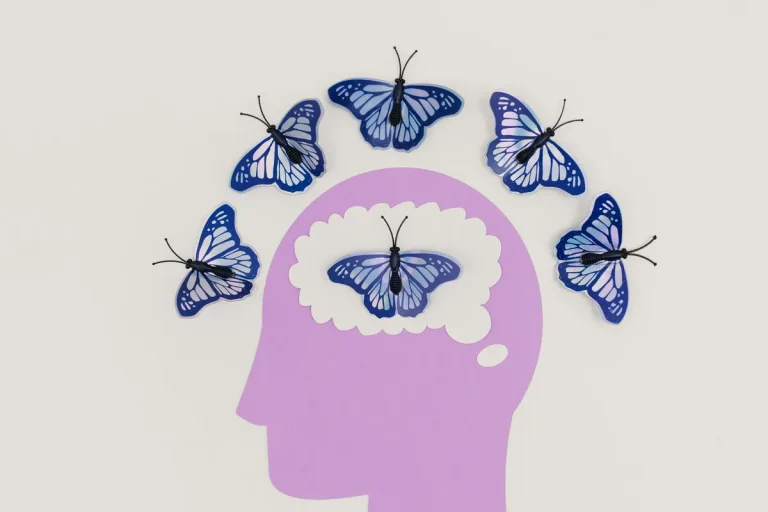Sleep is one of the most essential components of physical and mental well-being. It affects everything from mood and memory to immune function and metabolism. Yet, many people aren’t sure how much sleep they actually need—and the answer isn’t one-size-fits-all. Sleep requirements vary significantly depending on age, lifestyle, and overall health.
This guide breaks down recommended sleep durations by age group, based on current research and expert consensus. Whether you’re adjusting your own routine or supporting someone else’s, understanding these benchmarks can help improve sleep hygiene and overall wellness.
Sleep Needs for Infants, Toddlers, and Children
During early development, sleep plays a critical role in brain growth, emotional regulation, and physical health. Children require more sleep than adults to support rapid changes in their bodies and minds.
Recommended sleep durations:
- Newborns (0–3 months): 14–17 hours per day
- Infants (4–11 months): 12–15 hours per day
- Toddlers (1–2 years): 11–14 hours per day
- Preschoolers (3–5 years): 10–13 hours per day
- School-age children (6–13 years): 9–11 hours per night
These totals include naps, which are especially important for younger children. Consistent sleep routines and calming bedtime rituals can help children meet their sleep needs more effectively.
By signing up, you agree to receive emails from RealFit Wellness. You can unsubscribe anytime. See our Privacy Policy.
Your Weekly Wellness Boost

Sleep Recommendations for Teenagers
Adolescents experience shifts in their circadian rhythms, often leading to later sleep and wake times. Despite this natural delay, teens still need substantial sleep to support cognitive development, emotional stability, and academic performance.
Recommended sleep duration:
- Teenagers (14–17 years): 8–10 hours per night
Many teens fall short of this target due to academic pressure, social activities, and screen exposure. Encouraging regular sleep schedules and limiting evening device use can help improve sleep quality.
Adult Sleep Needs: Young to Middle Age
Sleep requirements stabilize in adulthood, but quality becomes increasingly important. Adults benefit from consistent sleep patterns that support energy, focus, and long-term health.
Recommended sleep duration:
- Young adults (18–25 years): 7–9 hours per night
- Adults (26–64 years): 7–9 hours per night
While some individuals may feel rested with slightly less sleep, chronic sleep deprivation can lead to increased risk of cardiovascular disease, weight gain, and mood disorders. Prioritizing sleep as part of a daily wellness routine is key.
Sleep Guidelines for Older Adults
As people age, sleep architecture changes. Older adults may experience lighter sleep, more frequent awakenings, and earlier wake times. Despite these shifts, adequate sleep remains essential for cognitive function, immune support, and emotional well-being.
Recommended sleep duration:
- Older adults (65+ years): 7–8 hours per night
Sleep quality often becomes more important than quantity. Creating a calming bedtime environment, limiting caffeine, and maintaining a consistent schedule can help older adults sleep more soundly.
Factors That Influence Sleep Needs
While age provides a general framework, individual sleep requirements can vary based on lifestyle, health conditions, and stress levels. Several factors may increase or decrease the amount of sleep needed:
- Physical activity: Regular exercise can improve sleep quality and reduce the need for longer sleep durations.
- Mental health: Anxiety, depression, and stress can disrupt sleep patterns and increase fatigue.
- Medical conditions: Chronic pain, sleep apnea, and other health issues may affect sleep duration and quality.
- Work schedules: Shift work and irregular hours can interfere with circadian rhythms and reduce sleep efficiency.
- Sleep environment: Noise, light, and temperature all impact how well and how long someone sleeps.
Tracking sleep patterns and adjusting routines based on personal needs can help individuals find their optimal sleep duration, even within age-based guidelines.






